India: In Punjab, young minds rise up for a drug-free society through sports and arts
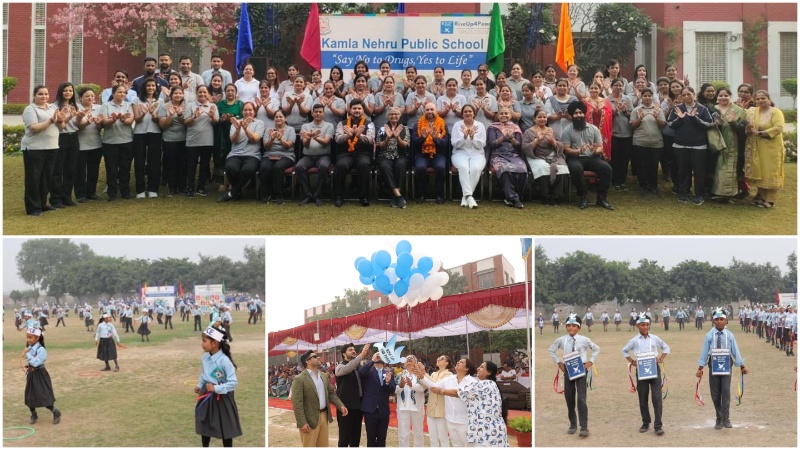
Phagwara, India/07 November 2024: The specter of drug use looms large over young people across the globe, threatening their health, future potential, and communities. Peer pressure, social media influences, and easy access make youth vulnerable to experimentation, with devastating effects on their well-being and academic success.
However, through sports and arts, young people can be empowered to make positive life choices, fostering resilience and a sense of purpose that can keep them on a healthy path.
In the village of Chak Hakim in Punjab’s Phagwara (India), the Kamla Nehru Public School (KNPS) is championing this vision, equipping over 1,500 students and educators, and their families, to rise up for peace, integrity, and a drug-free future through the RiseUp4Peace initiative.
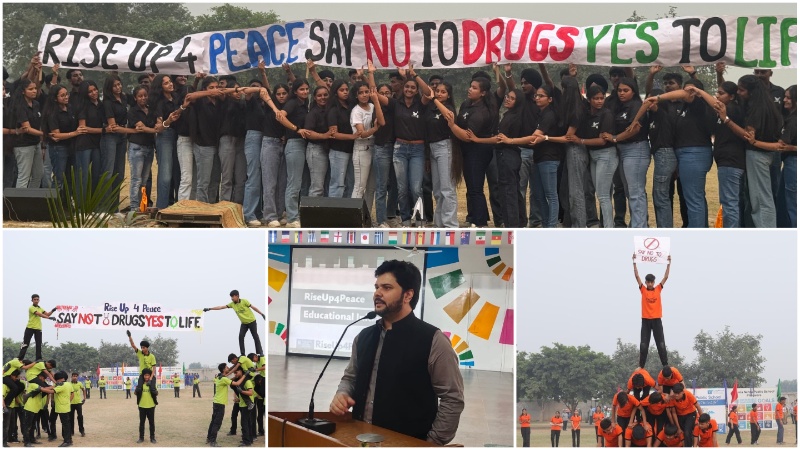
"Students are the key to a drug-free future," said Marco Teixeira, UNODC South Asia Regional Representative, at the school’s recent RiseUp4Peace sports meet. His words rang true as students from nursery to grade 12 came together in a dynamic whole-of-school initiative, using sports and the arts to stand against drugs and promote peace. "When we give young people the right environment and tools, they become the architects of a better society," Teixeira added, reflecting on the students’ enthusiastic engagement.
Led by Principal Paramjeet Kaur Dhillon and Dr. Charu Chhabra, KNPS students used sports, skits, and art to express the dangers of drug use and the importance of resilience. They explored themes related to Sustainable Development Goal 16, shedding light on critical issues like cyber security, child labor, corruption, and drug awareness. According to Dhillon, "This program shows that through unity and creativity, we can build a culture of positive choices, where students feel empowered to resist harmful influences."
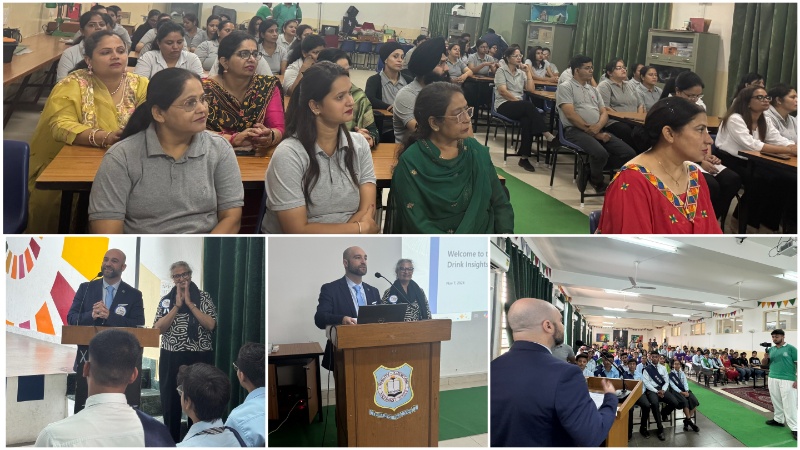
Through powerful placards and impactful ramp walks on the sports field, students demonstrated the courage it takes to stand against peer pressure and negative influences. "Sports and arts are vital tools in building resilience," noted Samarth Pathak, UNODC’s Communications Officer. "The students here have shown how youthful energy can be harnessed for positive change, and their commitment is truly inspiring."
A group of students delivered a moving performance on the role of family support in drug prevention. Through heartfelt expressions, they emphasized how strong family bonds and guidance provide young people with the foundation to resist drugs and make healthy choices. "Our family is our support system," said a participating student. "When we have love and unity, we feel strong enough to say no to drugs and choose a better path."
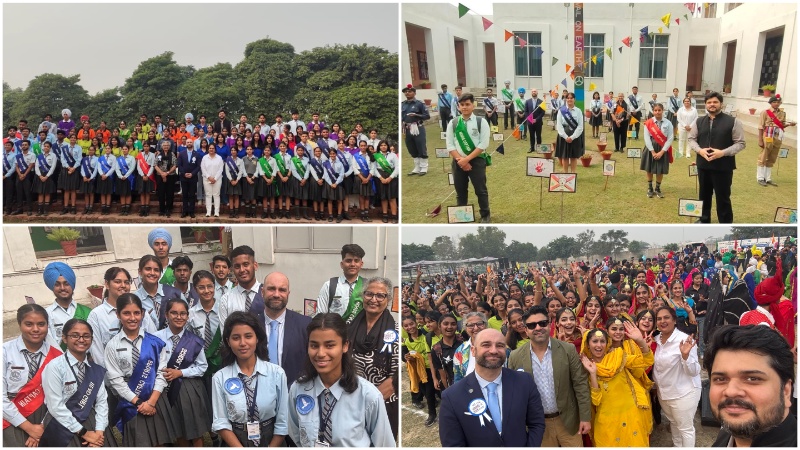
Supported by Mr. Pankaj Sardana, President of the KNPS Managing Committee, and Ms. Divya Kapoor Sardana, this initiative has shown that the collective power of education, arts, and sports can make a significant impact. "Youth are not just our future—they are our present, and this event has shown their potential to build a resilient society," said Sardana.
A Class 10 student shared, "Being part of RiseUp4Peace has taught us to make healthy choices and look out for each other. Through this program, we learned that standing up against drugs is also standing up for our dreams."
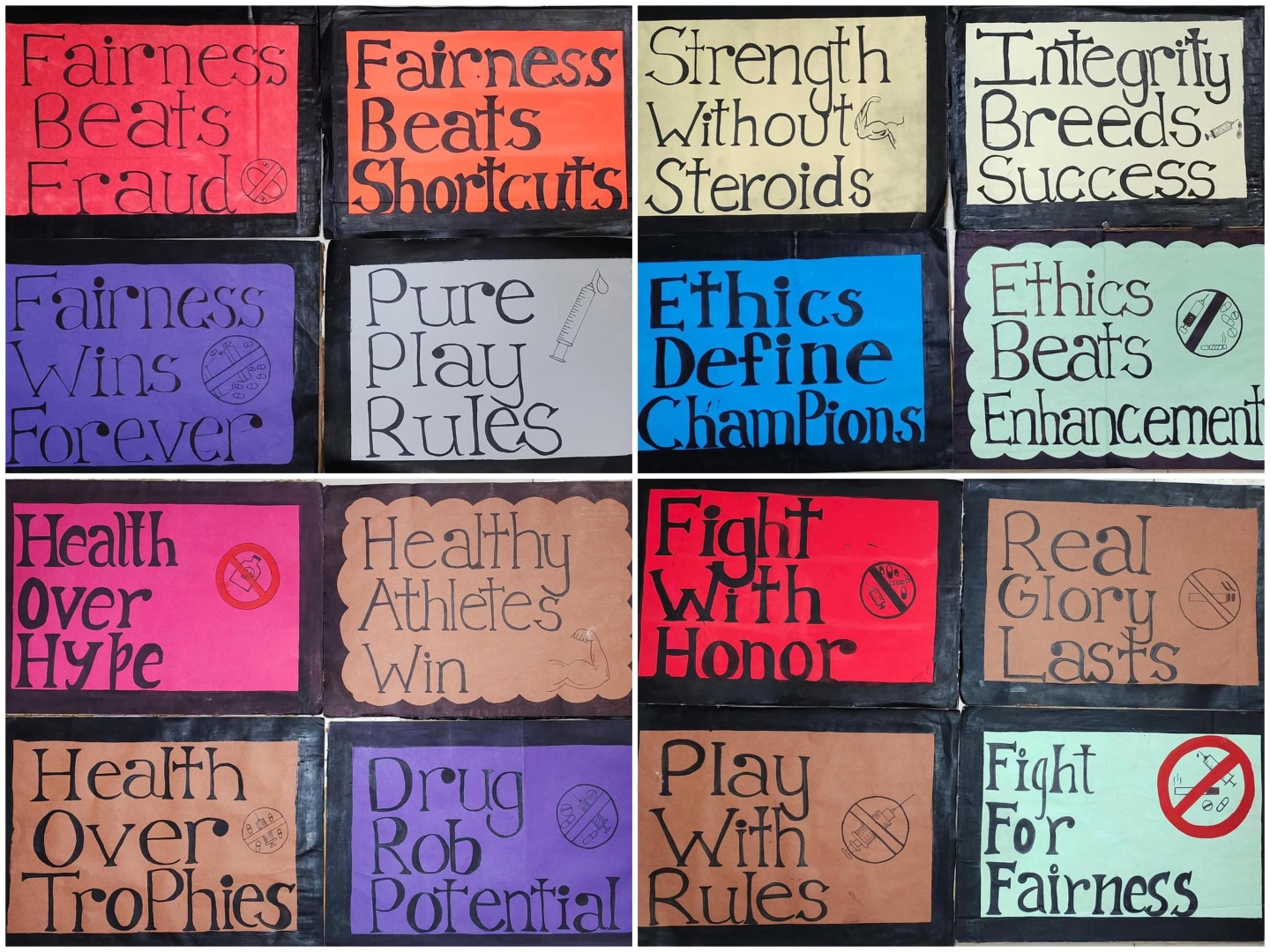
Together, these young minds show that with unity, creativity, and strong family support, the next generation can rise above challenges and build a healthier, more peaceful world.
RiseUp4Peace is an effort in this direction, as a coalition of educator partners committed to take these transformative insights into classrooms through sustained capacity building of educators, interactive students’ engagement and fostering cross-learning.
Join the RiseUp4Peace initiative: t.ly/lh9T7
This activity contributes to SDG 4, SDG5, SDG 16 and SDG 17: https://sdg-tracker.org/